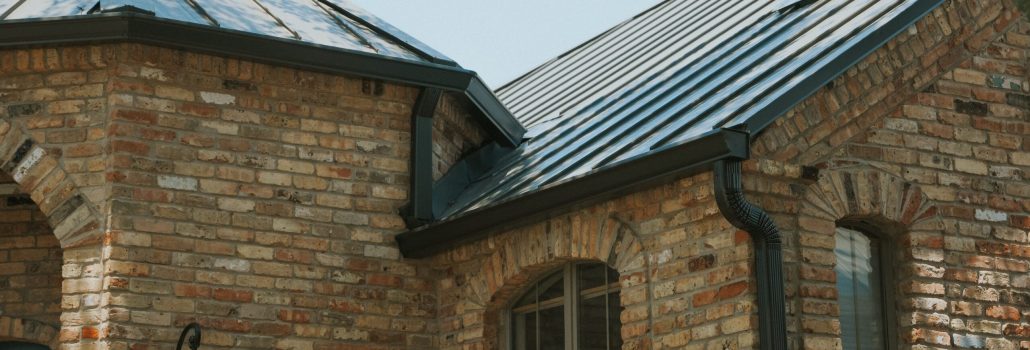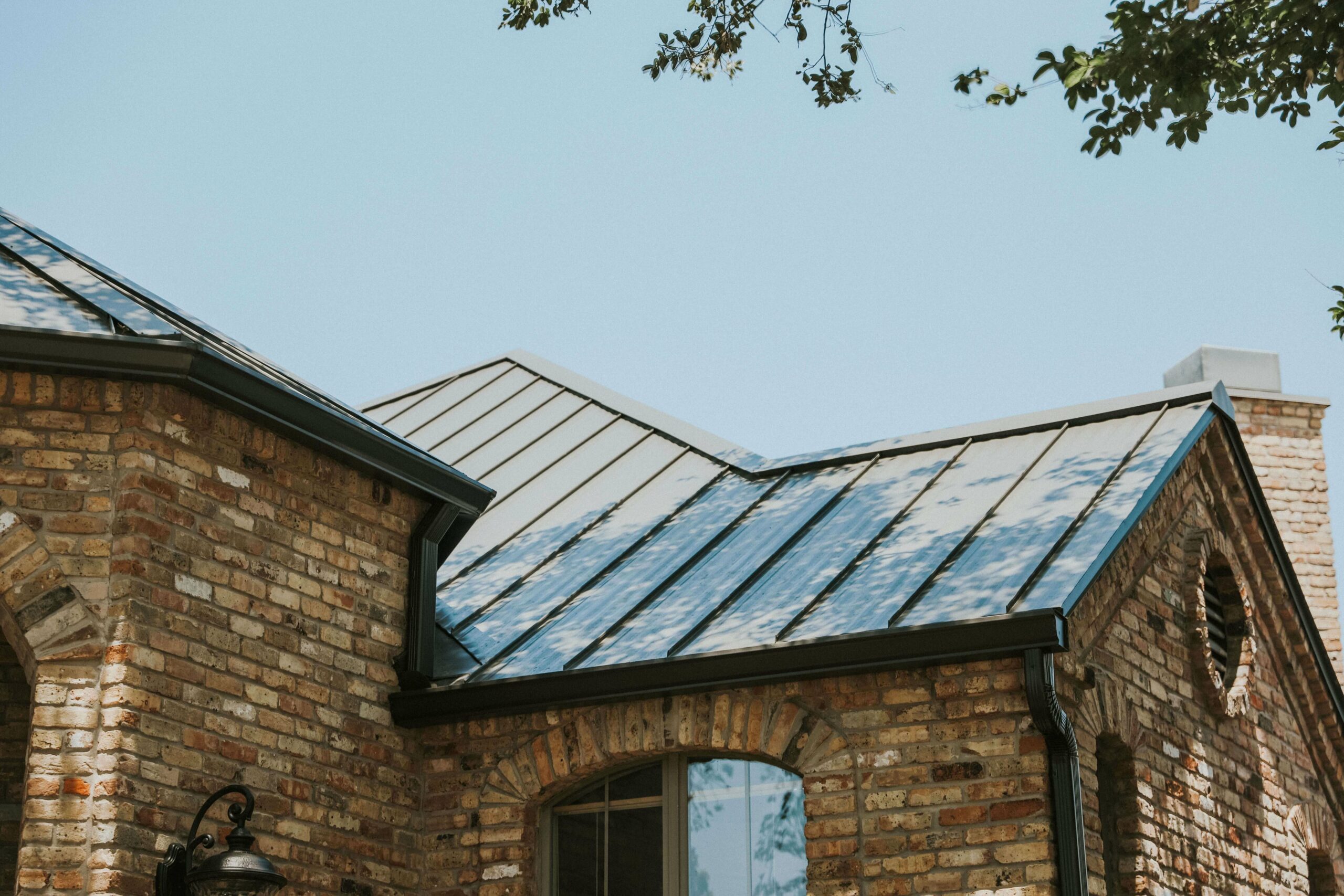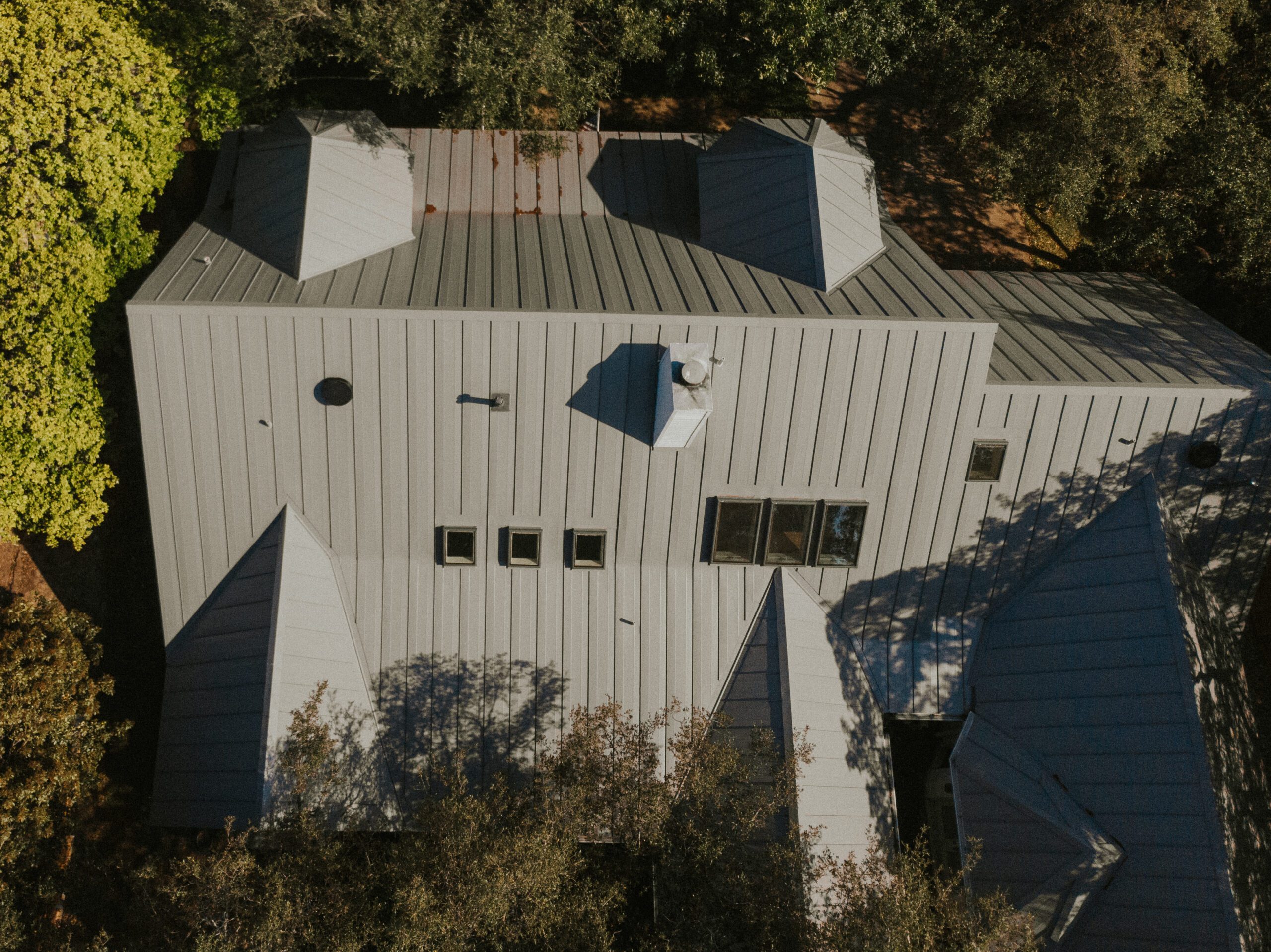Do Roofers Need Roofing Insurance in Texas?
Roofing is an essential service in Texas, where homes and businesses face everything from intense summer heat to unpredictable storms. If you’re a homeowner or business owner looking to repair or install a roof, it’s crucial to hire a reliable roofer. But beyond their skills and reputation, one of the most critical factors to consider is whether they carry insurance. In Texas, roofers may not be legally required to have insurance, but it’s essential for both the homeowner and the contractor.
In this blog post, we’ll explore why insurance is so important for roofers, what types of insurance are necessary, and how both homeowners and roofers can benefit from having the right coverage.
Why Roofers Need Insurance in Texas
Texas is known for its lack of stringent regulations in the roofing industry. Unlike in some other states, roofers in Texas are not required by law to hold a state license or carry insurance. This may seem surprising, especially considering the high-risk nature of roofing work. Climbing ladders, working at heights, handling heavy materials, and using power tools all contribute to the dangers of roofing, making accidents and property damage a real possibility.
Even though it’s not mandated by the state, roofers who carry insurance demonstrate professionalism, responsibility, and commitment to protecting both their clients and their businesses. For homeowners, hiring a roofer with proper insurance provides peace of mind, knowing that any accidents, damage, or injuries that occur during the job won’t become their financial responsibility.
The Risks of Hiring a Contractor Without Roofing Insurance
Choosing an uninsured roofer may seem like a cost-saving decision initially, but it can lead to significant problems down the road. Here are some risks associated with hiring an uninsured roofer in Texas:
- Liability for Accidents and Injuries: Roofing is a physically demanding and hazardous job. If a roofer or one of their workers gets injured while working on your property and they don’t have workers’ compensation insurance, you could be held financially liable for medical bills and other related expenses.
- Property Damage: Mistakes happen, even with experienced roofers. If an uninsured roofer causes damage to your property—whether it’s breaking a window, damaging siding, or even causing a roof collapse—there will be no insurance to cover the repairs. This means the cost of fixing the damage will fall on you.
- No Recourse for Poor Workmanship: If the roofing job is done poorly, an uninsured roofer may not have the financial resources to fix the issue or compensate you for the damage. You could be left with subpar work and additional expenses to hire a new contractor to repair the roof correctly.
- Higher Long-Term Costs: While an uninsured roofer may offer lower rates, any savings you make upfront can be quickly wiped out if an accident, injury, or mistake occurs. In the long run, hiring an insured roofer will likely save you money by protecting you from unexpected financial liabilities.
Types of Insurance Roofers Should Have in Texas
If you’re a homeowner or business owner looking for a roofer, it’s essential to ask about the types of insurance they carry. At a minimum, reputable roofers in Texas should have the following:
- General Liability Insurance: General liability insurance protects the roofer (and you) from financial responsibility in the event of property damage or injury caused during the roofing job. For example, if the roofer accidentally damages your home’s exterior or an object falls and injures someone on the property, general liability insurance covers these incidents.
Without this coverage, the homeowner could end up being held liable for damages or injuries that occur on their property. - Workers’ Compensation Insurance: Workers’ compensation insurance covers medical expenses and lost wages for workers who are injured on the job. Roofing is a dangerous profession and falls or other accidents can happen. If a roofer or one of their crew members gets hurt while working on your property and they don’t have workers’ compensation, the homeowner could be financially responsible for the injured worker’s medical bills and lost income.
- Commercial Auto Insurance: If the roofer has a company vehicle or fleet of vehicles used for transporting materials, commercial auto insurance is essential. This coverage protects the roofer in the event of an accident while transporting materials or driving to and from the job site. If an accident occurs and the roofer doesn’t have commercial auto insurance, they might not be able to pay for damages, leaving you vulnerable if it happens on your property.
- Roofing Contractor Bonds: A roofing contractor bond is not the same as insurance, but it’s another layer of protection for homeowners. A bond is a guarantee that the roofer will complete the project as agreed upon. If the roofer fails to meet contractual obligations, the bond provides compensation to the homeowner. While not technically insurance, a bond shows that the roofer is serious about their business and willing to stand behind their work.
How to Verify a Roofer’s Insurance
It’s important to verify that a roofer has the proper insurance before hiring them. Reputable roofers will gladly provide proof of insurance when asked. Here’s how you can check their insurance:
- Ask for a Certificate of Insurance: A certificate of insurance is a document issued by the roofer’s insurance company that outlines their coverage. Make sure it’s current and that it lists the types of coverage they have (general liability, workers’ compensation, etc.).
- Contact the Insurance Provider: If you have any doubts about the roofer’s insurance, contact the insurance company directly to verify that the policy is still active and valid.
- Get It in Writing: In addition to checking insurance coverage, it’s important to get a written contract outlining the scope of the work, timeline, and payment details. This can help protect you if any disputes arise during or after the job.While roofers in Texas aren’t required by law to carry insurance, homeowners must hire contractors who do. The risks of hiring an uninsured roofer can be costly, from liability for injuries to property damage. Insurance not only protects the roofer but also provides peace of mind for homeowners, ensuring that any accidents or damages are covered.At The Guild Collective, we prioritize safety, professionalism, and customer satisfaction. Our team of insured and highly skilled roofing experts is here to provide top-quality roofing services with the peace of mind that comes with proper insurance coverage. Whether you need a new roof, repairs, or an inspection, contact us today for reliable and secure roofing solutions in Texas.Contact The Guild Collective for all of your roofing needs or questions. Let’s get together and figure out the best roofing fit for your home and budget. If you have any questions about what roof is best for your home or commercial building, please set up your free in-home consultation today.













